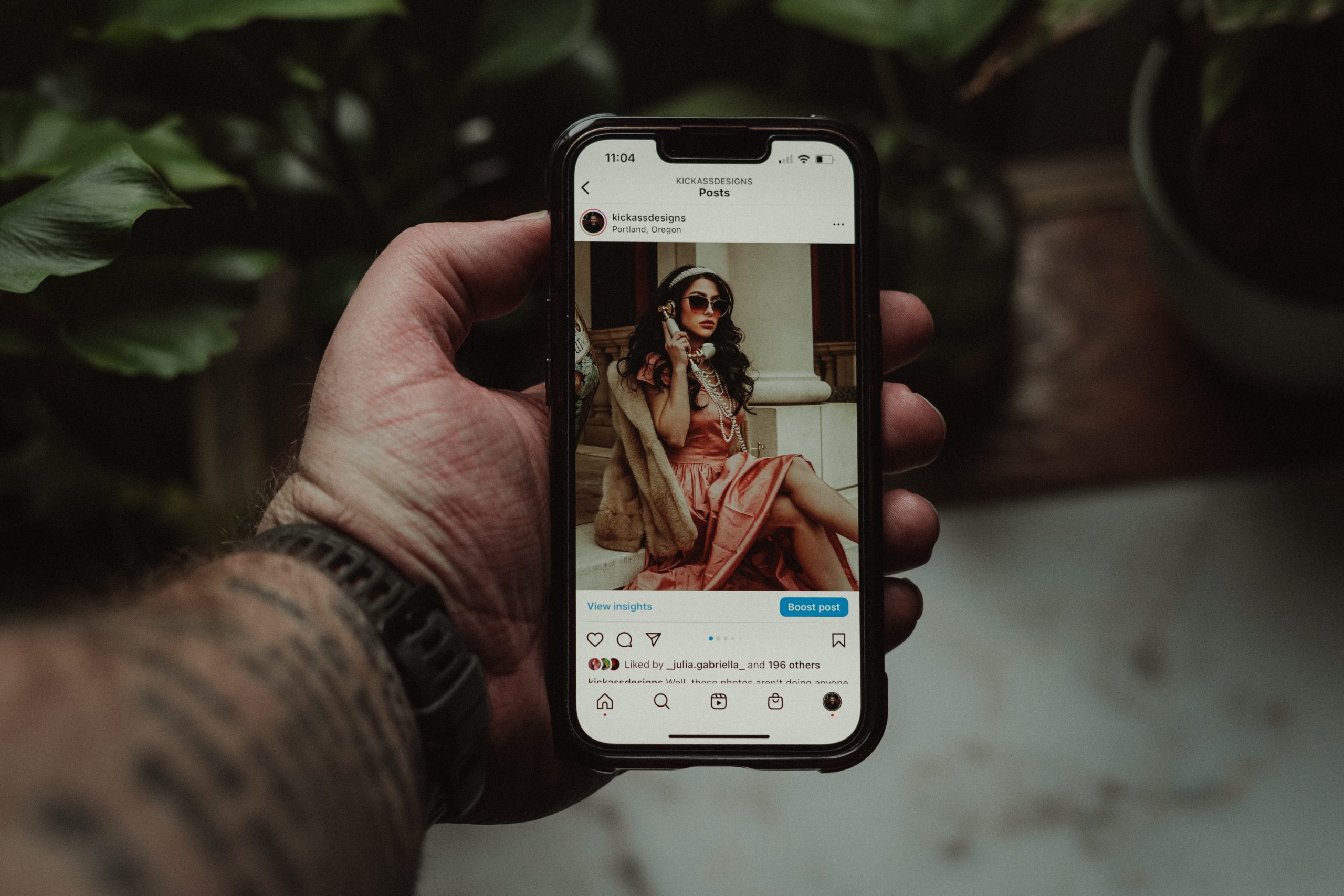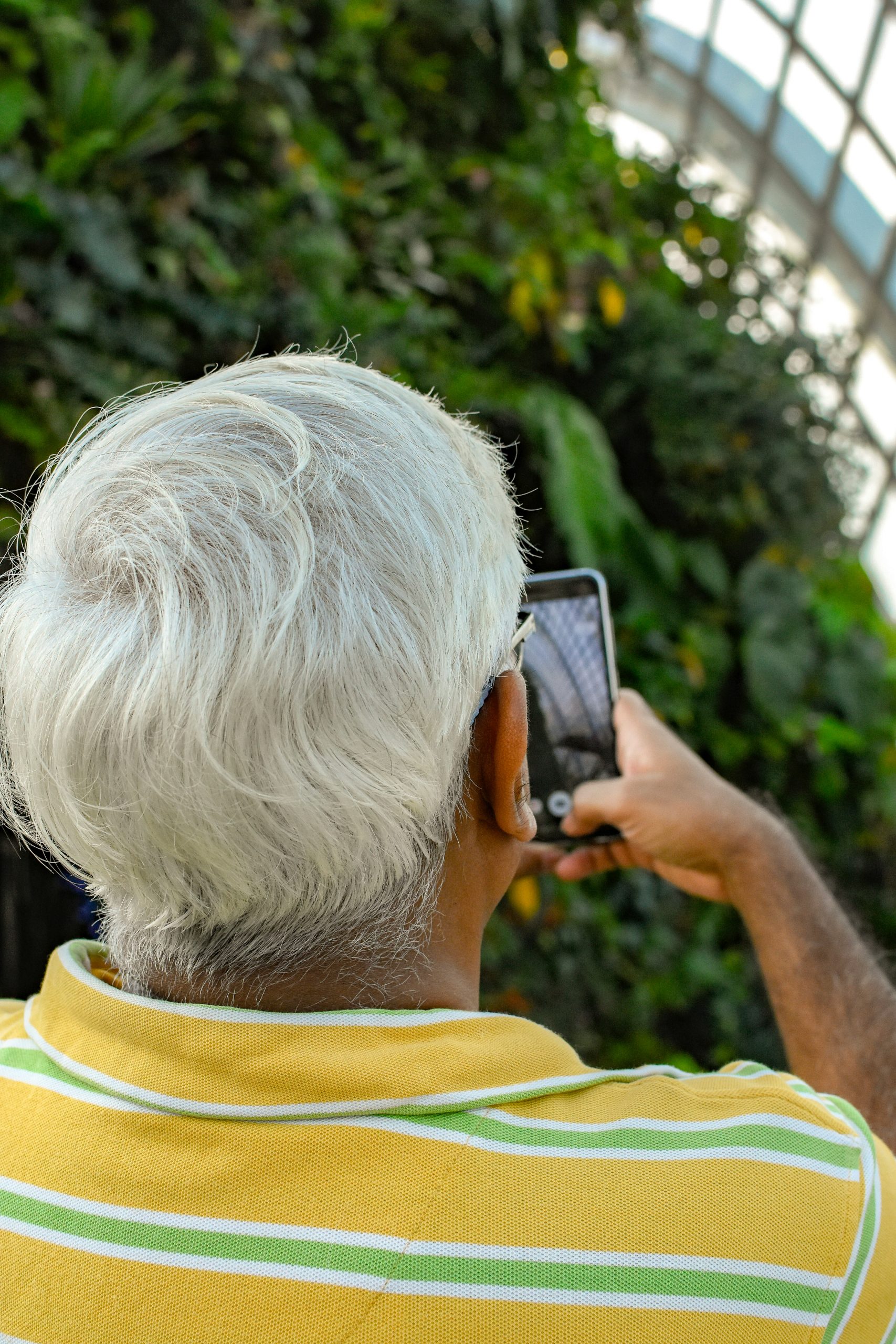The term “influencer” has taken on a whole new meaning in today’s digital world. With their large followings and persuasive content, these social media celebrities have become strong shapers of our choices, habits, and attitudes. But what exactly is the science behind their power, and how does it affect our lives? We will delve into the intriguing world of social media influencers in this blog, investigating their psychological impact, educational potential, and consequences on our well-being.
Understanding Influencers Psychology: The Power of Persuasion
The concept of social proof—the premise that people tend to follow the behaviors and decisions of others, especially when those others are viewed as credible and relatable—is at the heart of influencer marketing. With their true personas and well-crafted content, social media influencers tap into this psychological phenomenon. They not only promote items and lifestyles, but they also influence our opinions of what is fashionable, desirable, and aspirational.
The Negative Impact of Influencers: Examining the Psychological Cost
While influencers carry significant power and have the capacity to enrich our lives, it is critical to recognize the potential drawbacks. Constant exposure to highly controlled, idealized content might lead to feelings of inadequacy and social comparison. Excessive social media use, fueled in part by influencer culture, has been linked to symptoms of depression and anxiety, according to research.
Furthermore, there is rising concern about the ethics of influencer marketing, including concerns of transparency, authenticity, and ethical product and lifestyle promotion. As consumers, we must be cautious and critical of the content we consume, while also acknowledging that influencers, like everyone else, have their own goals and limitations.

Let’s look at some real-world influencers examples.
Influence on Teens: Kylie Jenner, a popular influencer, was chastised for advocating lip fillers and cosmetic surgeries. Many warned that her influence on adolescents may lead to false beauty goals and a desire for cosmetic modifications at a young age.
Influence on Consumer Behavior: Brands frequently engage with influencers to market their products. The Fyre Festival incident involving influencers such as Kendall Jenner and Bella Hadid demonstrated the possible implications of influencers supporting events or companies without appropriate scrutiny, potentially misleading their followers.
Trends in Wellness and Diet: The wellness and fitness business has seen an increase in the number of influencers pushing various diets and exercise routines. Real-life examples of people who followed such trends without considering their unique health demands and suffered negative consequences emphasize the significance of exercising critical thinking when absorbing influencer content.

Key Takeaways!
In conclusion, influencers wield significant influence in our digital world, shaping our decisions, behaviors, and outlooks. It’s crucial to comprehend the psychological factors underpinning this influence and adopt a cautious approach to influencer content.
Critical consumption stands as a necessity; question endorsements and validate claims. To counteract echo chambers and gain a broader perspective, diversify your selection of influencers. When relevant to your interests, influencers can serve as educational resources. Periodic digital detoxes contribute to maintaining a healthy relationship with influencer culture.
Engage in open dialogues about the impact of social media. By implementing these measures, we can harness the benefits of influencer culture while safeguarding our well-being and critical thinking. Our choices not only shape our experiences but also influence the evolving digital narrative.



